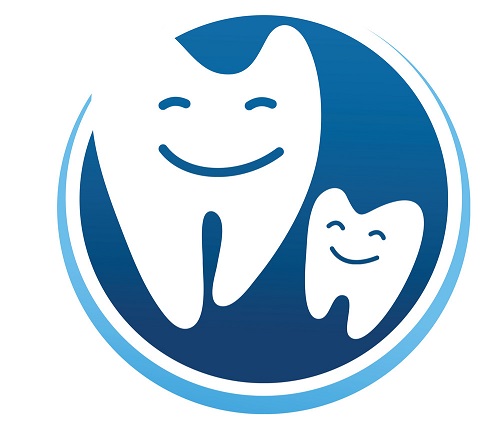Introduction
Having dental fillings is a common dental procedure that helps restore teeth damaged by decay or cavities. While fillings are designed to be durable and long-lasting, proper care and maintenance are essential to ensure their longevity and maintain a healthy smile. In this blog post, we will provide you with some valuable tips on how to care for your dental fillings and keep your smile looking its best.
Understanding Dental Fillings
Dental fillings are commonly used to treat cavities and restore the function and appearance of damaged teeth. They are typically made of materials like amalgam, composite resin, gold, or porcelain. Understanding the type of filling you have can help you take better care of it.
Practice Good Oral Hygiene
Proper oral hygiene is essential for maintaining the health of your dental fillings. Brush your teeth at least twice a day using a soft-bristled toothbrush and fluoride toothpaste. Don’t forget to floss daily to remove plaque and food particles from between your teeth and around the fillings.
Avoid Hard and Sticky Foods
Be mindful of the foods you consume to prevent damage to your dental fillings. Avoid biting down on hard objects like ice, pens, or hard candies, as they can cause your fillings to crack or chip. Additionally, sticky foods like caramel or chewing gum can dislodge the fillings.
Limit Acidic and Sugary Foods
Acidic and sugary foods can contribute to tooth decay and weaken your dental fillings. Limit your consumption of acidic beverages like citrus juices and soda, as well as sugary snacks and drinks. If you do indulge, rinse your mouth with water afterward to minimize the exposure to harmful substances.
Avoid Teeth Grinding
Bruxism, or teeth grinding, can put excessive pressure on your dental fillings, leading to cracks or fractures. If you grind your teeth, consider wearing a nightguard to protect both your natural teeth and fillings. Consult your dentist for a custom-fitted nightguard.
Regular Dental Check-ups

Regular dental check-ups are crucial for maintaining the health of your dental fillings. Visit your dentist every six months for professional cleanings and examinations. Your dentist can detect any issues with your fillings early on and provide necessary treatments to prevent further damage.
Address Sensitivity or Discomfort
If you experience sensitivity or discomfort around your dental fillings, it’s important to address it promptly.
Summary
Proper care and maintenance of dental fillings are crucial for maintaining a healthy smile. Here are some key tips to remember:
- Practice good oral hygiene by brushing your teeth twice a day and flossing daily.
- Avoid biting or chewing on hard objects that can damage your fillings.
- Limit your consumption of sugary foods and drinks to prevent tooth decay.
- Visit your dentist regularly for check-ups and professional cleanings.
- Report any discomfort or changes in your fillings to your dentist promptly.
By following these tips, you can ensure the longevity of your dental fillings and maintain a healthy, beautiful smile for years to come.
- Q: How long do dental fillings last?
- A: Dental fillings can last for many years, typically between 5 and 15 years, depending on the material used and how well you take care of them.
- Q: How should I care for my dental fillings?
- A: To care for your dental fillings, brush your teeth at least twice a day with a fluoride toothpaste, floss daily, avoid biting down on hard objects, and visit your dentist regularly for check-ups and cleanings.
- Q: Can I eat and drink normally with dental fillings?
- A: Yes, you can eat and drink normally with dental fillings. However, it is advisable to avoid excessive consumption of hard or sticky foods that may damage the fillings.
- Q: Are there any special instructions for after getting dental fillings?
- A: After getting dental fillings, it is recommended to avoid eating or drinking hot substances for a few hours until the anesthesia wears off. Additionally, if you experience any unusual pain or sensitivity, contact your dentist.
- Q: Can dental fillings fall out?
- A: While it is rare, dental fillings can fall out. This can happen due to decay, wear and tear, or improper oral hygiene. If your filling falls out, contact your dentist as soon as possible.

Hello, and welcome to my website! My name is Thomas Anderson, and I am thrilled to share my passion for dental hygiene with you. As a professional dental hygienist, I have dedicated my career to helping individuals achieve optimal oral health and maintain beautiful smiles.



